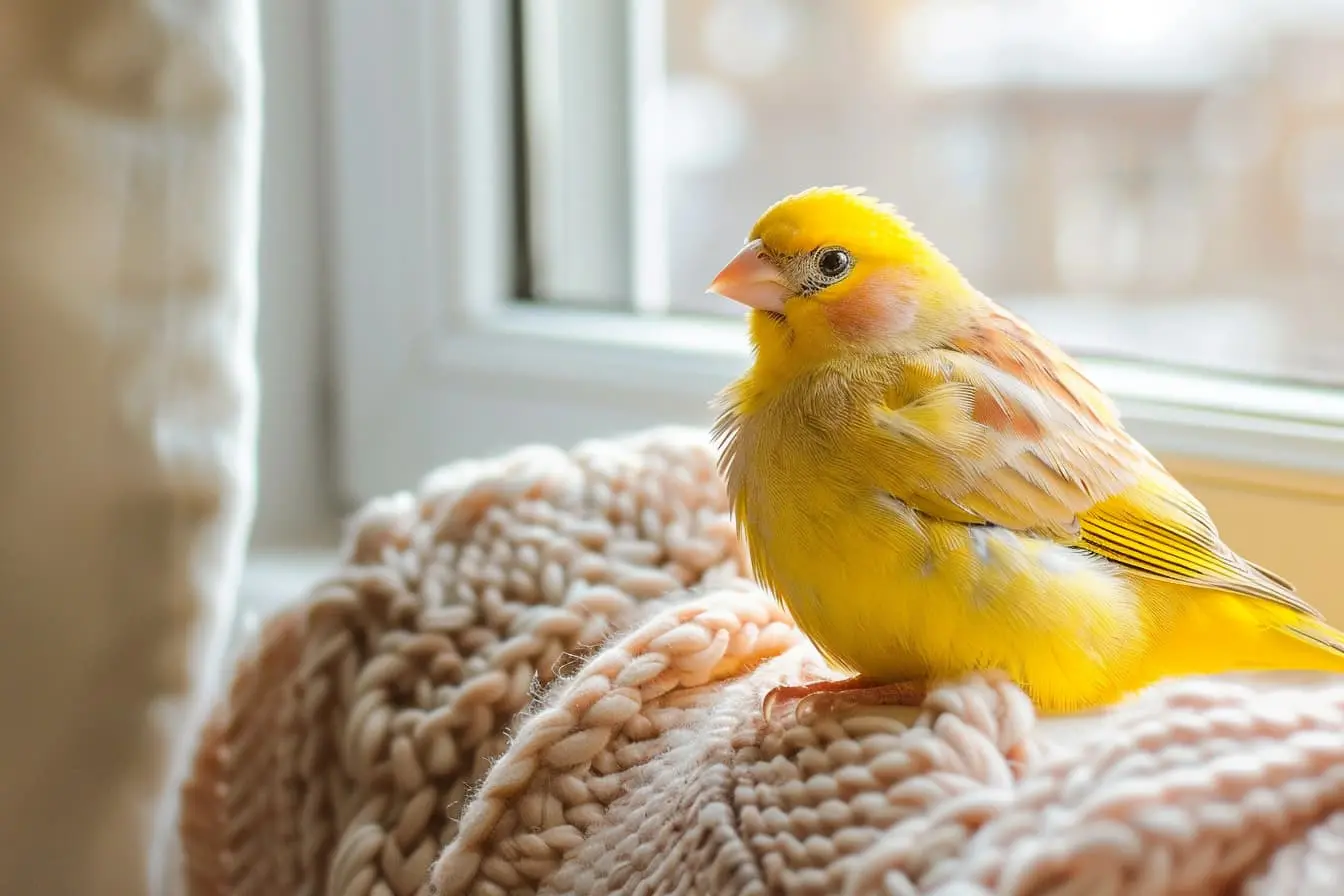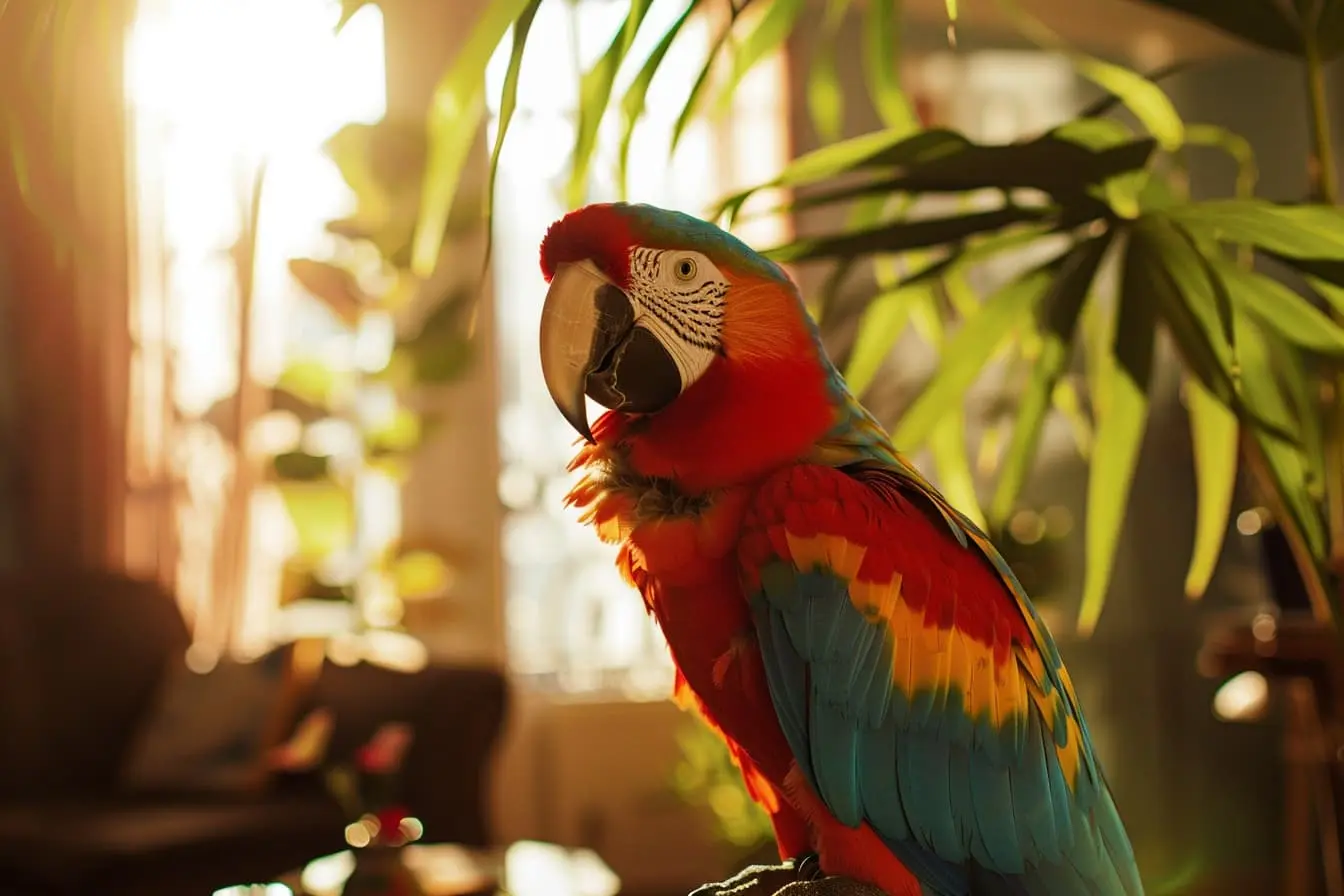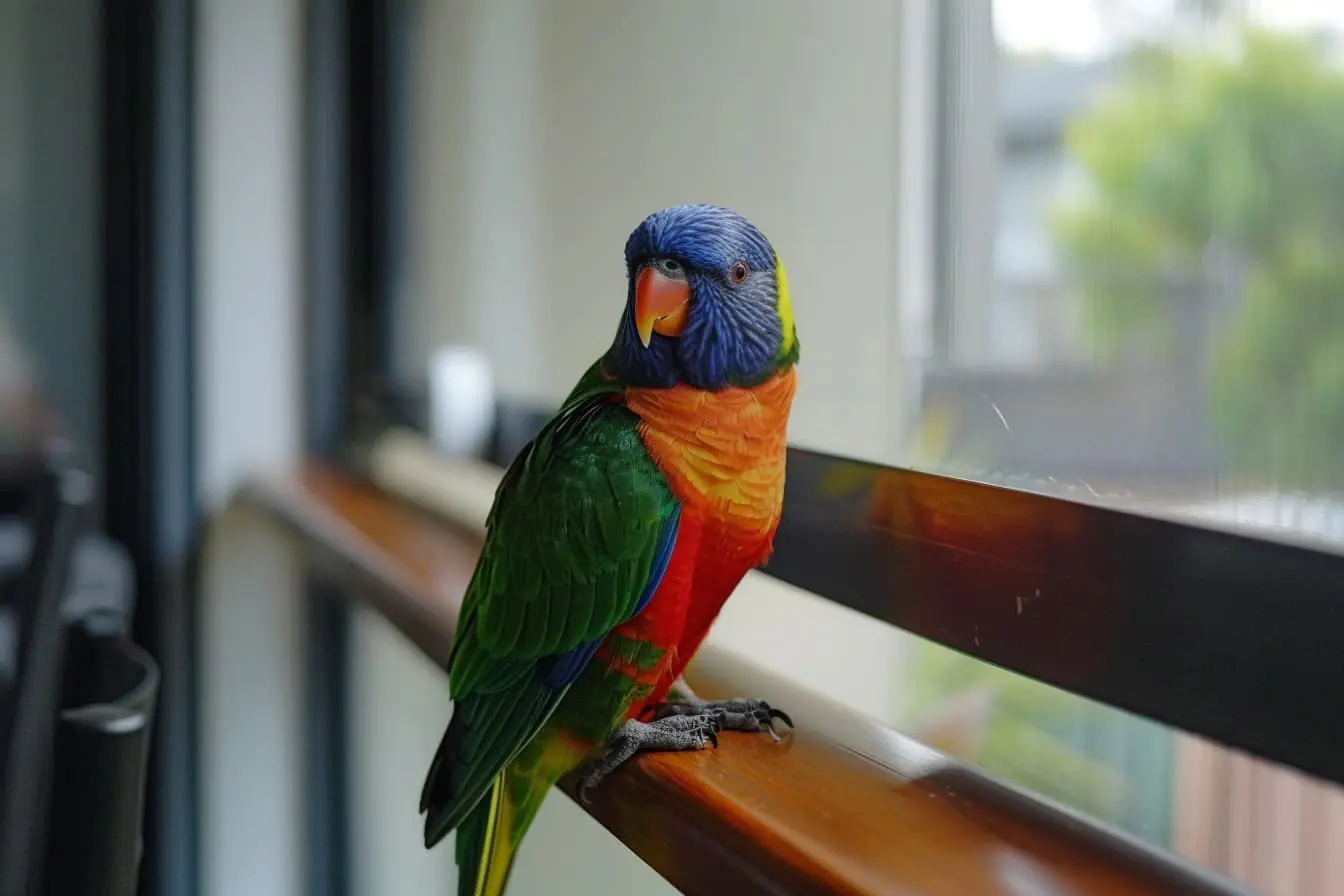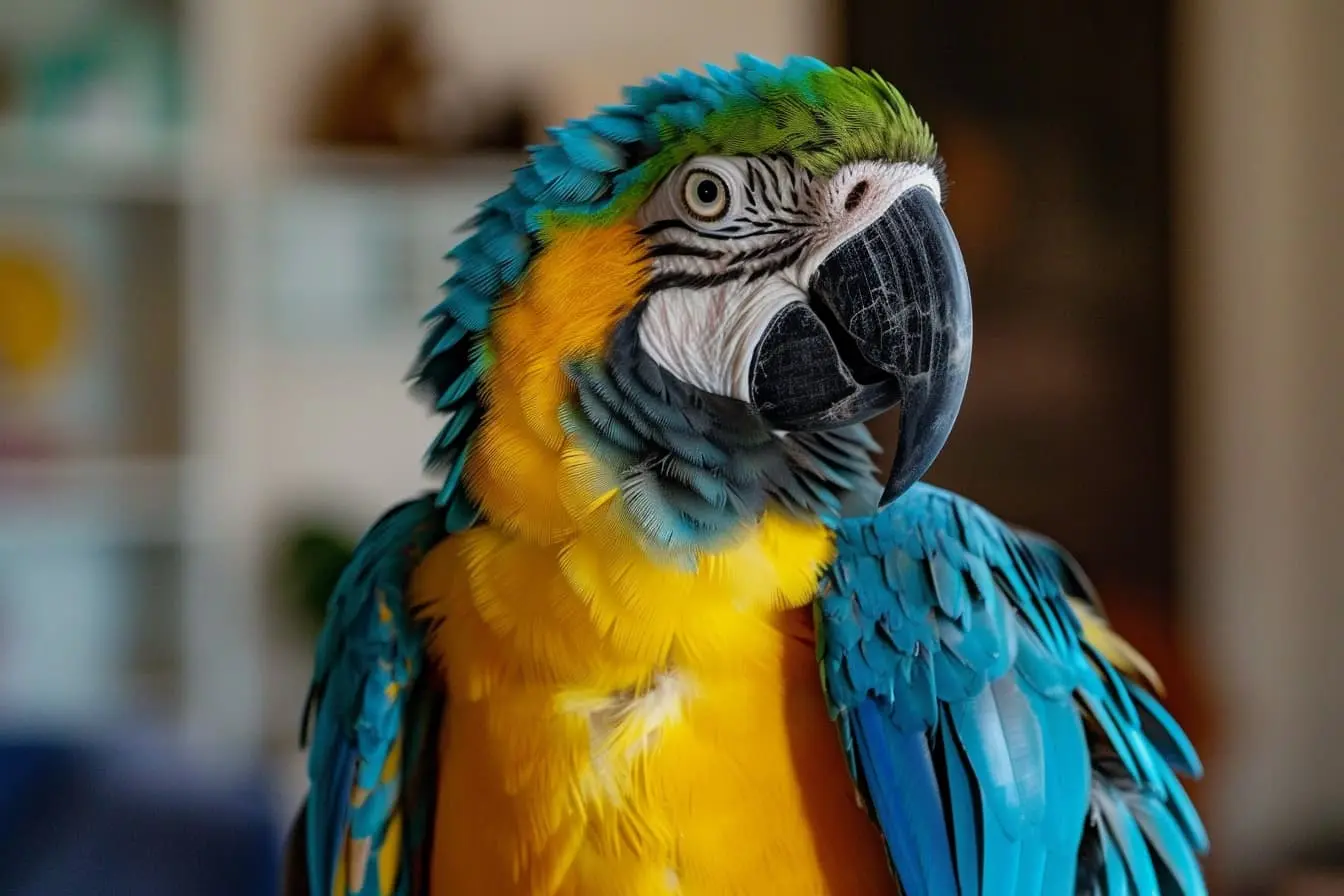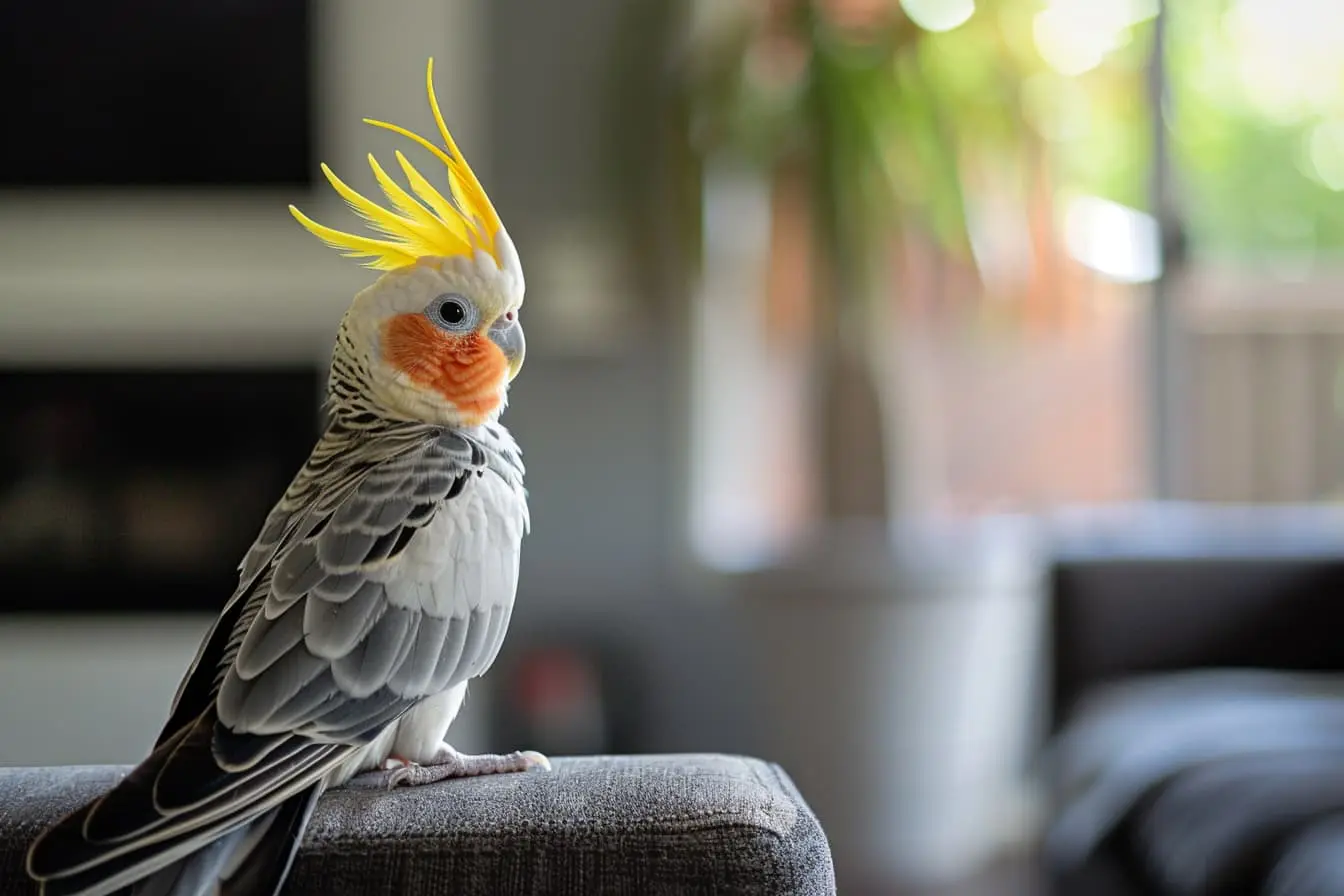
A Beginner's Guide to Owning a Cockatiel
Cockatiels are among the most popular pet birds in the UK, beloved for their friendly personalities, expressive crests, and ability to mimic sounds. If you’re considering a cockatiel as your new feathered friend, it’s important to understand their specific needs. This guide will provide you with all the essential information to help you give your cockatiel a loving and supportive home.
Choosing Your Cockatiel
Where to Buy
- Reputable Breeders: A reputable breeder can provide a healthy, well-socialised bird, often with information about its genetic background.
- Pet Stores: If choosing a pet store, select one with clean facilities and healthy, well-cared-for birds.
- Rescue Centres: Adopting a cockatiel can be a rewarding option, offering a bird in need a new home.
Selection Tips
- Health: Look for a bird that is active, alert, and shows no signs of respiratory distress.
- Feathers: Should be clean, full, and free of dirt or fecal matter.
- Behaviour: Choose a bird that is interactive and shows curiosity rather than fear when approached.
Setting Up Your Cockatiel’s Home
Cage Requirements
- Size: The cage should be large enough for your cockatiel to stretch its wings and fly short distances. Minimum cage size recommended is 24 x 18 x 24 inches.
- Location: Place the cage in a part of the home that is free from draughts but where the bird can interact with the family.
- Setup: Equip the cage with several perches of varying sizes and materials to help prevent foot problems.
Essentials
- Toys: Provide a variety of toys to chew on and play with, including swings and ladders, which help keep your cockatiel mentally and physically active.
- Food and Water Dishes: Multiple dishes may encourage better eating habits and make cleaning easier.
Nutrition
Daily Diet
- Pellets: Should form about 60-70% of the diet; ensure they are specific to cockatiels.
- Seeds: Provide a small amount of seeds as treats, not as the main diet.
- Vegetables and Fruits: Offer fresh veggies and a little fruit daily to provide vitamins and minerals.
Foods to Avoid
- Never feed avocado, chocolate, caffeine, or alcohol as they can be toxic to birds.
- Avoid sugary and fatty foods to help prevent obesity and other health issues.
Health and Maintenance
Veterinary Care
- Avian Vet: Regular check-ups with an avian veterinarian can help catch and treat issues before they become serious.
- Signs of Illness: Be aware of symptoms like sneezing, wheezing, lethargy, and changes in appetite or droppings.
Daily and Weekly Tasks
- Cleaning: Regular cleaning of the cage, perches, and toys to maintain a hygienic environment.
- Bathing: Offer a bath dish or mist your cockatiel a few times a week to keep their feathers in good condition.
Social Interaction and Training
Taming and Training
- Cockatiels are social creatures and will require daily interaction to remain tame.
- Training sessions using positive reinforcement can strengthen your bond and keep your cockatiel mentally stimulated.
Handling
- Gentle handling from an early stage can help in developing trust. Always be patient and consistent.
Conclusion
Owning a cockatiel requires a long-term commitment to providing a nurturing environment, as these birds can live for up to 20 years with proper care. By understanding the needs of your cockatiel—from the right diet and cage setup to regular veterinary care and daily interaction—you’ll ensure your pet thrives and enriches your life with its charming personality. Welcome to the rewarding world of cockatiel ownership!
Vets near you
Speciality vets
- Aquatics vet specialists
- Birds vet specialists
- Camelids vet specialists
- Cats vet specialists
- Cattle vet specialists
- Deer vet specialists
- Dogs vet specialists
- Equines vet specialists
- Exotic vet specialists
- Goats vet specialists
- Pigs vet specialists
- Poultry vet specialists
- Sheep vet specialists
- Small Mammals vet specialists
- Wild vet specialists
Vet facilities
- Accessible by public transport
- Blood testing
- Car park nearby
- Client car park
- Dentistry
- Diagnostic imaging
- Disabled public access
- Flea and worm treatments
- Microchipping
- Mobile services
- Neutering
- Open at weekends
- Out-of-hours service
- Referral interests
- Referrals only
- Street parking outside
- Toilets available
- Vaccinations
